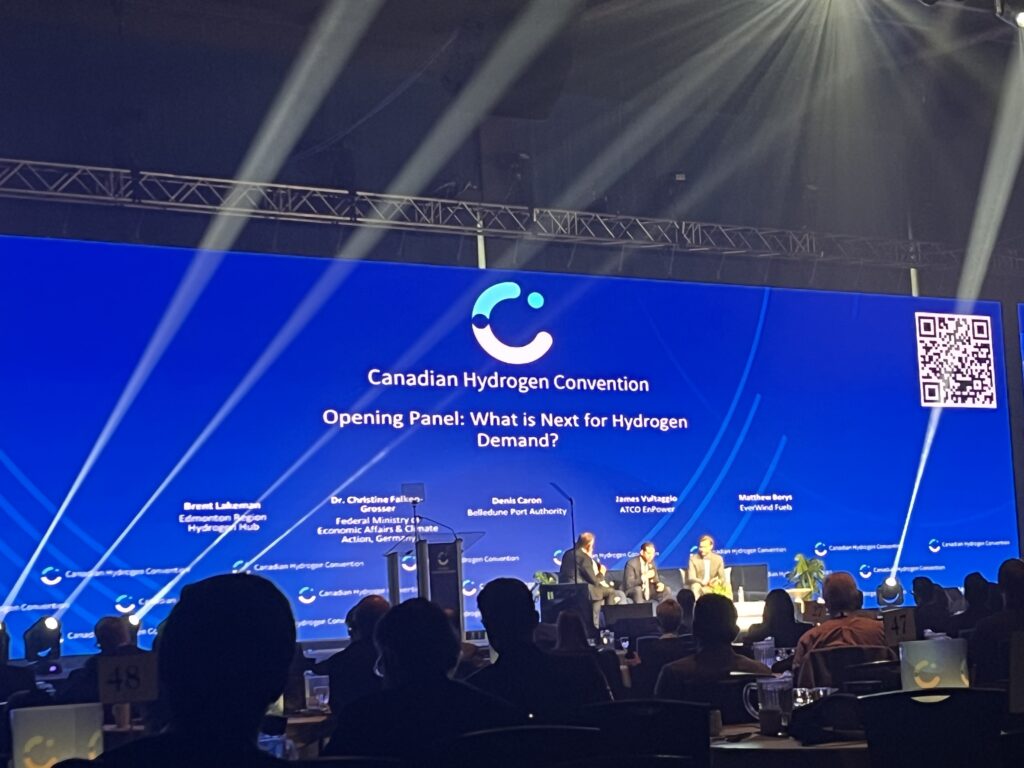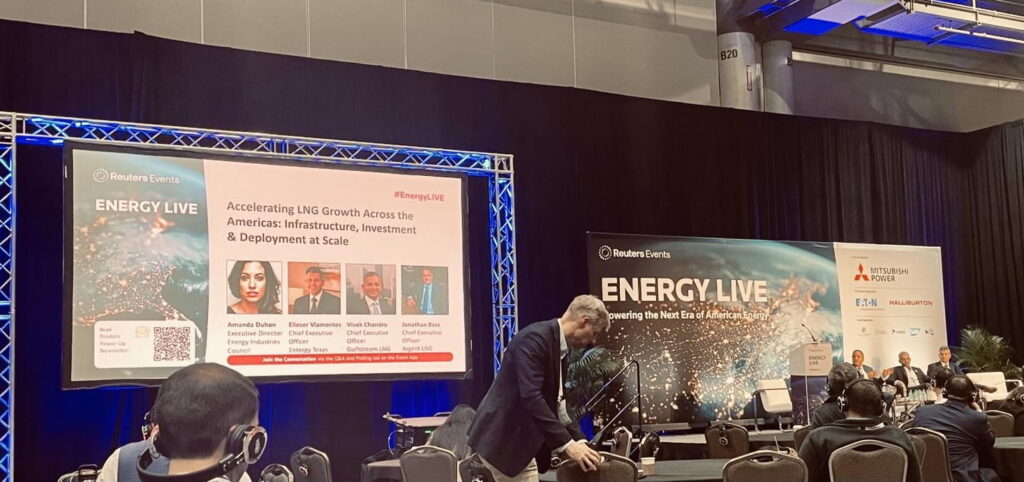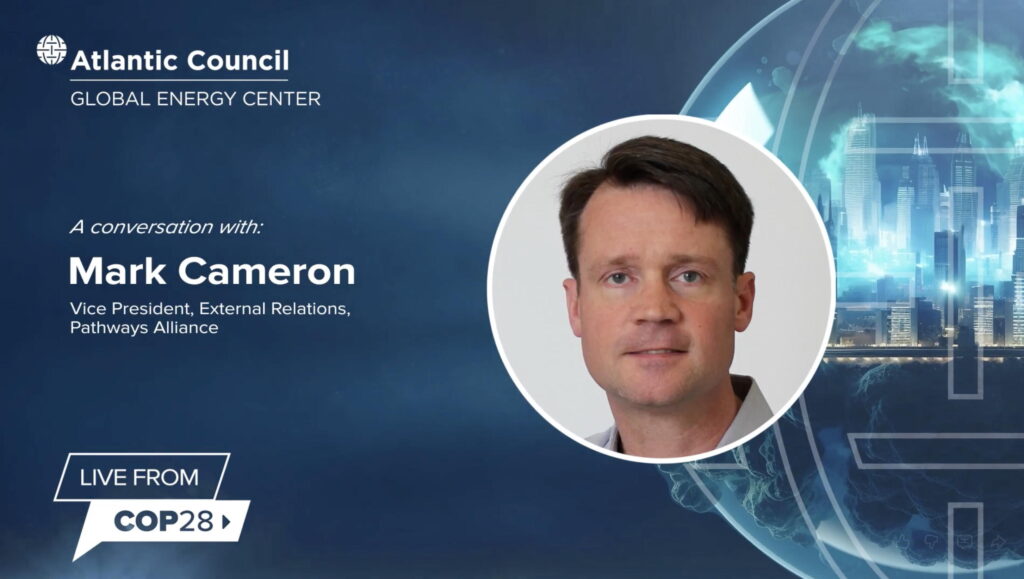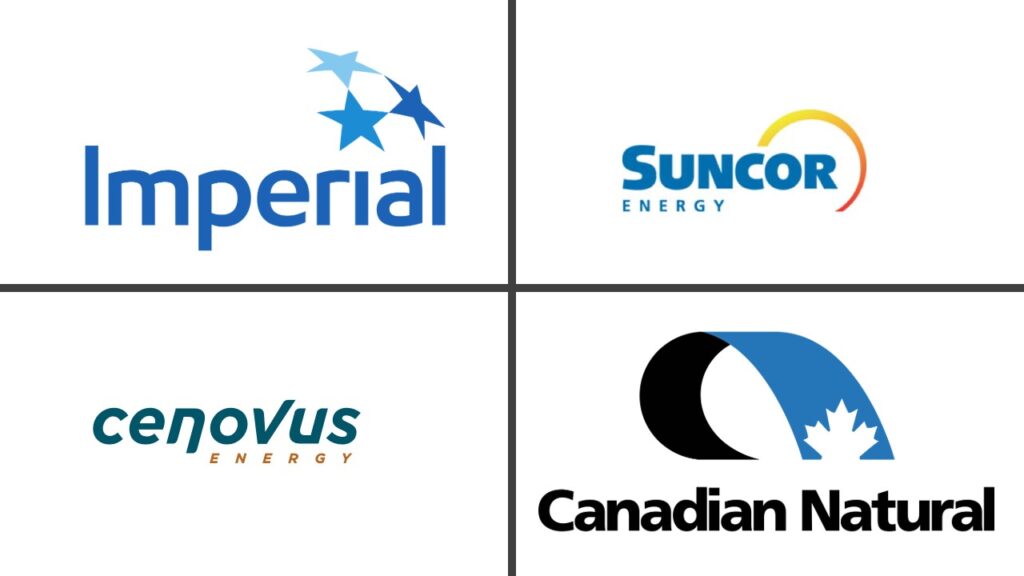At Canada’s largest hydrogen industry gathering, the mood was noticeably more cautious than in years past. Delegates and panelists were preoccupied with U.S. President Donald Trump, and what his second term could mean for energy tariffs, investor confidence, and the fragile promise of hydrogen as a clean fuel.
Talk of energy sovereignty — securing domestic energy supply chains and reducing reliance on foreign partners — echoed throughout the Edmonton conference that had 10,000 people in attendance, with many panelists framing hydrogen as a hedge against global political instability.
“I think that there’s a couple key perspectives. One is the investor confidence and the policy uncertainty and the inability to make final investment decisions right now,” said James Vultaggio, vice-president of commercial and business development with ATCO EnPower, a Calgary-based energy developer.
Subscribe to our newsletter
Stay up to date with DeSmog news and alerts
The U.S. Inflation Reduction Act, signed by President Joe Biden in 2022, has poured billions into decarbonization technologies, including hydrogen. But uncertainty over whether Trump would gut these incentives has Canadian investors nervous — especially as Canada’s own hydrogen strategy continues to favour gas-dependent production methods.
Vultaggio said this could be an “opportunity” for Canada.
Denis Caron, president of the Belledune Port Authority in New Brunswick further told attendees that America’s floundering was a “golden opportunity” to supply hydrogen-generated energy to a wider market.
“The administration to the south now is focused a little bit on more on fossil fuel production, reducing environmental regulations,” said Vultaggio.

Despite government and industry claims of “clean hydrogen,” critics argue that the term has become a catch-all that obscures continued fossil fuel reliance. Much of the hydrogen being promoted at the convention is “blue hydrogen” — produced from natural gas, with carbon emissions supposedly captured and stored underground through carbon capture and storage (CCS). But environmental groups warn that carbon capture is unreliable and methane leakage from gas extraction undermine climate benefits.
By comparison, green hydrogen is produced by using a renewable energy like wind, solar, or hydro to power electrolysis, a process that splits water into hydrogen and oxygen. The reliance on clean energy means that there is no carbon dioxide emitted during production. It is considered the most environmentally friendly form of hydrogen.
‘Terrible Use of Taxpayer Money’
The convention mostly focuses on blue hydrogen, developed by energy companies who already have oil and gas infrastructure. Noticeably absent from most panels were environmental advocates, who have long warned that hydrogen hype risks locking in fossil fuel infrastructure under a new greenwashed label.
Environmental Defence Canada has called federal government funding on hydrogen projects a “terrible use of taxpayer money.”
“Producing hydrogen requires a huge amount of wind energy. Transporting hydrogen overseas is incredibly challenging and expensive – and has never been successfully done at scale. Therefore, hydrogen must be turned into ammonia to ship it, using even more energy. By the end, approximately 80 percent of the original energy is lost,” Julia Levin, associate director of national climate at Environmental Defence, said in a 2024 statement.
Jeanette Jackson, the chief executive officer for Foresight Canada was one of the few people on stage to hint at an alternative approach to energy policy than Danielle Smith’s United Conservative Party is interested in supporting.
“I always find it interesting how many renewable companies come out of British Columbia, but really, they’re better suited to operate in Alberta given the energy infrastructure,” she said on the panel.
Hydrogen is a major cornerstone for Canadian decarbonization targets, while real-world implementation falls flat.
Troubled Industry
Adding to the industry’s nervous mood was the recent bankruptcy of Nikola Corporation, once touted as a leader in hydrogen-powered transport. The collapse of the U.S.-based company — plagued by fraud scandals and failed technology rollouts — cast a long shadow over conversations about hydrogen’s commercial viability.
During the convention the feasibility of hydrogen was underscored by Dow Chemical’s recent decision to delay construction of its $9 billion Path2Zero project in Fort Saskatchewan, Alberta. The project was designed with a hydrogen-fueled ethylene cracker — an industrial facility that breaks down hydrocarbons at high temperatures to produce ethylene, a key building block in plastics and chemicals — and carbon capture infrastructure. It could become the world’s first net-zero emissions integrated ethylene cracker and derivatives site concerning Scope 1 and 2 emissions. The project has been postponed due to anticipated weak market conditions and a lower-for-longer earnings environment according on their earnings call, according to reporting by CBC.
Despite the obvious market issues, the convention shows that there is no plan for government to stop shoveling money into CCS and blue hydrogen.
At the convention, the University of Alberta announced that they are launching a Centre for Hydrogen Innovation.
“I know that all of us in the room today share a vision to develop a sustainable energy future that will see the world achieve net zero,” said university president Bill Flanagan during the convention.
The Guardian reported last year that Canada, alongside the U.S., Norway, the Netherlands, and the European Union, accounts for 95 percent of global public spending on CCS and hydrogen projects. Much of that funding, according to reporting from the Guardian and Oil Change International, subsidizes CO2 capture for use in enhanced oil recovery — a process that injects captured carbon underground to squeeze out more hard-to-reach oil.
At this year’s hydrogen convention, the message was clear: the industry may not be delivering on its climate promises — but it’s still betting on public dollars to keep the dream alive.
Subscribe to our newsletter
Stay up to date with DeSmog news and alerts






